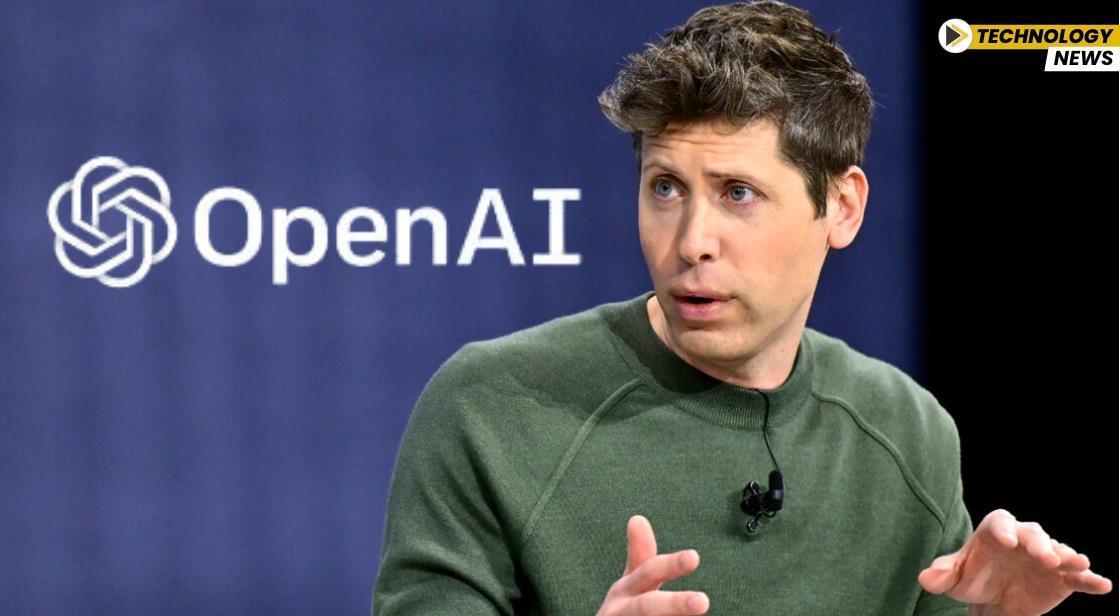OpenAI developing a TikTok-like app powered entirely by AI-generated videos

News Synopsis
OpenAI is reportedly preparing to launch a revolutionary short-video platform that could redefine how people consume online content. Unlike TikTok or Instagram Reels, this app will feature videos created entirely by artificial intelligence, showcasing the potential of OpenAI’s upcoming video model, Sora 2. While the project is still in development, it has already sparked major discussions around AI creativity, content moderation, and the future of social media.
OpenAI Working on TikTok-Style Short Video App
According to reports from Wired, OpenAI is developing a short-video app that mirrors TikTok’s vertical scrolling feed and swipe-to-browse design. However, the key difference lies in the fact that users will not be able to upload videos directly from their cameras. Instead, every clip in the feed will be generated by Sora 2, OpenAI’s next-gen video model.
This design ensures that the platform becomes a showcase for AI-driven creativity, eliminating human-uploaded content and shifting focus toward what artificial intelligence can generate in real time.
Powered by OpenAI’s Video Model Sora 2
The backbone of this app will be Sora 2, an unreleased video generation model that is expected to push the boundaries of AI capabilities. Early details suggest that within the app, Sora 2 will only create clips of up to 10 seconds in length.
This mirrors TikTok’s early days, where videos were capped at 15 seconds, and it keeps the format fast-paced and highly engaging. While it is unclear whether Sora 2 will eventually allow longer videos outside the app, the short-form limitation ensures the platform stays true to the quick-consumption style that made TikTok popular.
Identity Verification and AI-Generated Likenesses
One of the most interesting features under development is identity verification. Users who verify themselves will allow Sora 2 to generate videos using their likeness. Other users can then remix or tag these AI-generated likenesses in their own content.
To prevent misuse, OpenAI reportedly plans to send notifications whenever a person’s verified image is used, even if the clip is not made public. This feature could open new opportunities for creators, influencers, and brands, but also raises questions about digital rights, consent, and ethical AI usage.
Copyright Concerns and Content Moderation
Like most AI models, Sora 2 is expected to face challenges around copyright. Wired notes that some outputs may be blocked if they raise intellectual property concerns. However, there is uncertainty around how strict these protections will be.
According to The Wall Street Journal, OpenAI is considering an opt-out system for rights holders. This means creators and companies would have to actively request removal if they do not want their content appearing in AI-generated clips, rather than giving consent beforehand. This approach may face criticism from publishers, music labels, and other rights owners, potentially leading to legal disputes in the future.
Competitive Edge Against TikTok
Industry experts believe OpenAI’s move may not just be about showcasing AI but also about strategic timing. TikTok’s future in the United States remains uncertain, with ByteDance under ongoing pressure from U.S. lawmakers and the Trump administration to restructure its operations.
If TikTok faces restrictions or even a ban, OpenAI could position its app as a ready-made alternative. By linking Sora 2 directly to a social platform, OpenAI also ensures users remain within its ecosystem instead of turning to competing AI video-generation tools. This dual advantage of innovation and market opportunity could make the app a major disruptor.
The Future of AI-Generated Social Media
The development of this app signals a potential shift in how social media is defined. Instead of being platforms for user-uploaded content, the future could belong to AI-driven entertainment feeds where algorithms generate videos tailored to audience preferences.
However, such a model also brings new challenges — from ethical debates on identity usage to concerns around misinformation and overreliance on machine-generated creativity. Whether OpenAI’s app succeeds will depend not only on the strength of Sora 2 but also on the company’s ability to address these challenges responsibly.
Conclusion
OpenAI’s rumored short-video app could be one of the most ambitious experiments in merging artificial intelligence with social media. By using Sora 2 to generate every video, the company is setting the stage for an entirely new kind of digital experience — one where human creativity is replaced, or at least redefined, by AI. If successful, the platform could challenge TikTok, attract millions of curious users, and further cement OpenAI’s position at the forefront of the AI revolution.
You May Like









